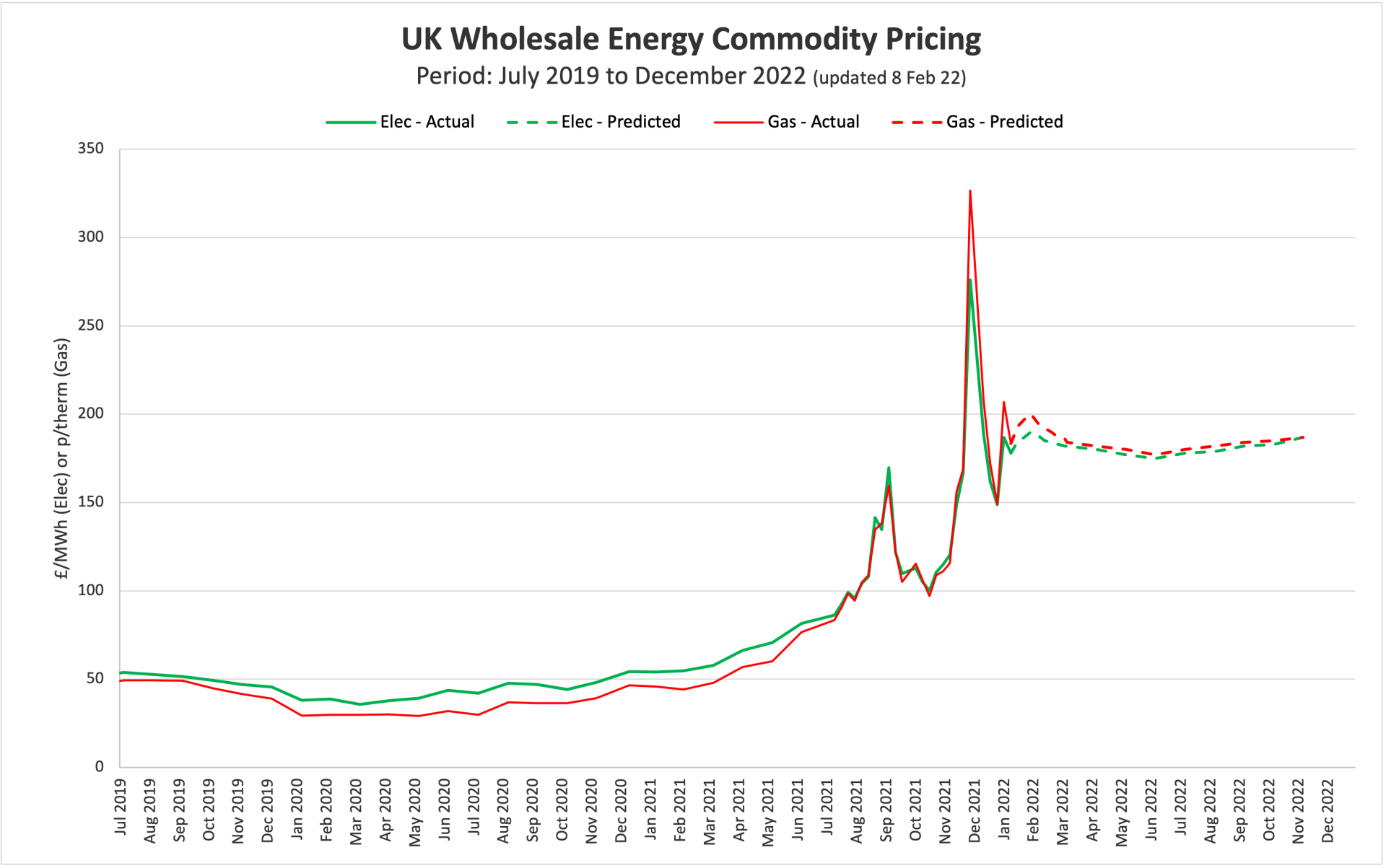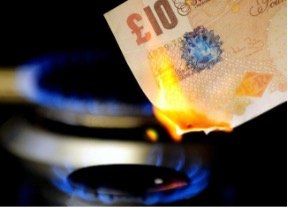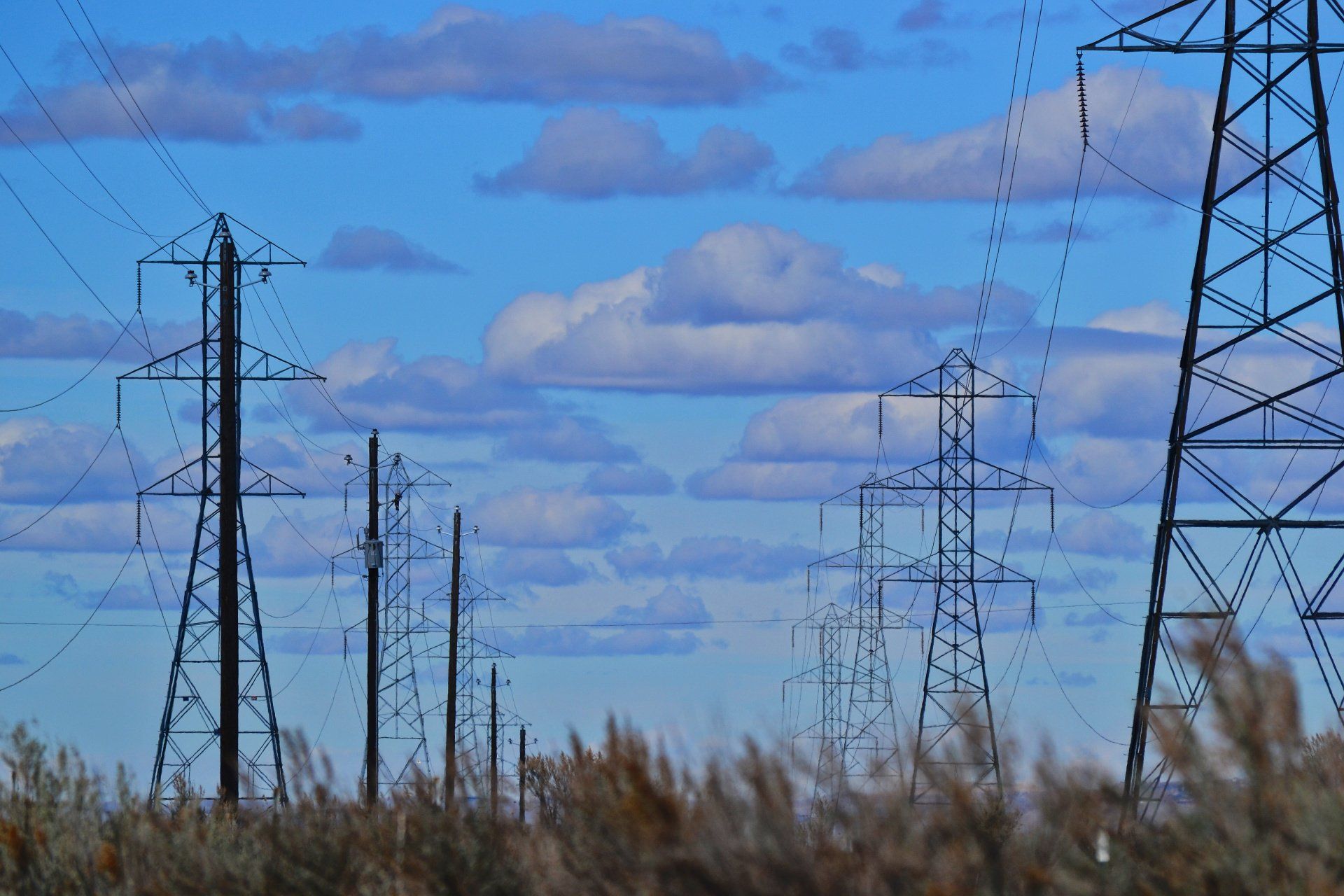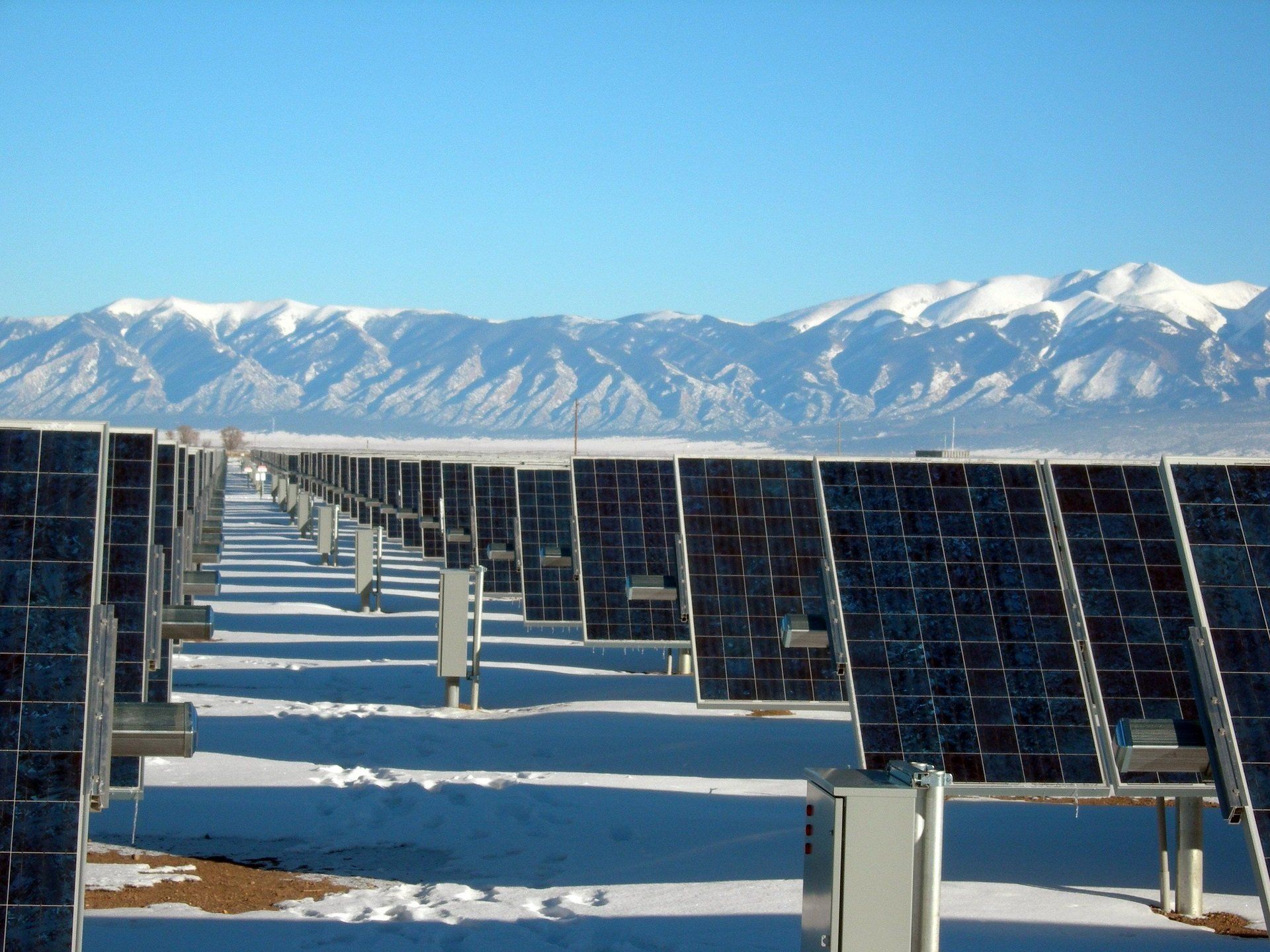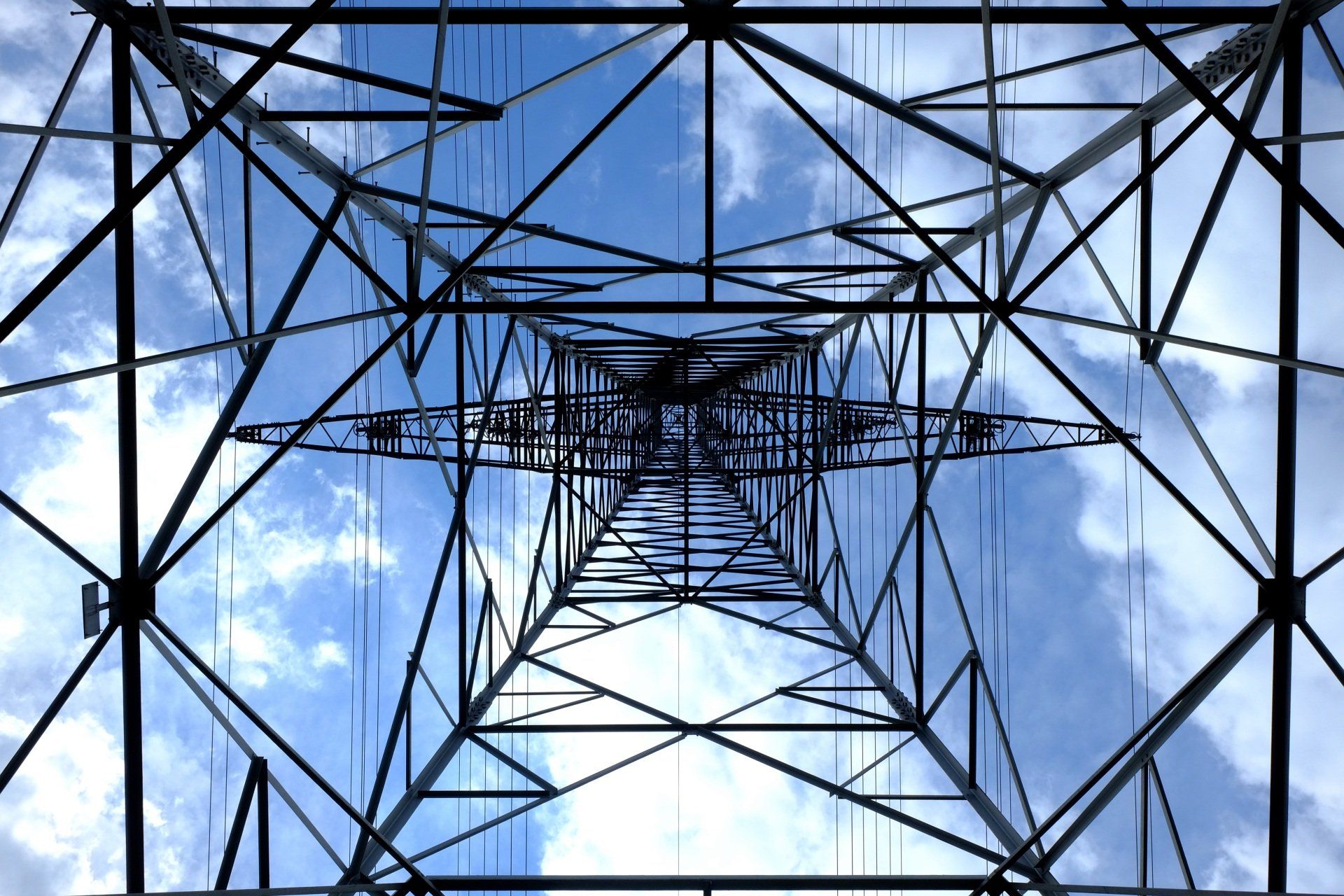24 January 2025
PASCHALi closely monitors the UK’s energy market to ensure our clients stay ahead of energy trends and secure the most cost-effective energy deals. As we head into 2025, we outline our insights into the key developments likely to impact your business. They include: Impacts of Renewable Energy: How developments in renewable energy sources may affect your business’s energy costs. Geopolitical Impacts: Potential geopolitical shifts and their influence on energy pricing for your business. Upcoming Legislation: Key legislation set to impact your energy supplies in 2025. Money-Saving Opportunities: Recommendations for cost-saving initiatives to help your business reduce energy expenses in the year ahead. Next Steps: Strategies for your business to successfully navigate the 2025 energy landscape. Impacts of Renewable Energy Overview In 2024, the UK achieved its lowest carbon electricity generation to date, with renewable and nuclear sources accounting for 58% of the country's electricity (45% from renewables and 13% from nuclear). This milestone was further underscored by the closure of the UK's last coal-fired power station in September 2024, making the UK the first G7 nation to fully phase out coal power. These achievements align with the Labour Party's goal of attaining a 'clean power' grid by 2030, with wind and solar energy set to become the backbone of Britain's electricity system. Several large new offshore windfarms are due to open in 2025 and 2026 to support this change. Impacts to Your Business Short Term: Impacts of this renewable shift have already been evident in early January 2025. During this period, high electricity demand combined with low wind speeds (resulting in minimal wind energy generation) led to a higher reliance on gas power plants, which in turn caused a spike in energy prices. This trend of short-term price volatility is expected to continue until the UK further develops its battery storage and transmission infrastructure, leading to potential short-term increases in operating costs for businesses with high energy usage. Long Term: As the UK increases its energy security and transitions to more renewable sources, the energy market will become less dependent on external factors, leading to more stable wholesale prices. This shift will benefit businesses as they will experience greater cost predictability and enhance their attractiveness to eco-conscious consumers . Geopolitical Impacts Overview UK energy prices have been subject to significant volatility due to escalating geopolitical tensions and fluctuations in global energy supplies. While the ongoing Russia-Ukraine conflict is expected to have limited impact on the UK energy market in 2025 (given the UK’s reduced reliance on: Russian gas and the EU’s internal energy market), PASCHALi predicts that one of the major geopolitical factors influencing the market will be the new USA presidential term of Donald J. Trump which started on 20 January 2025. Impacts to Your Business Short Term: Analysts believe that Trump's policies, including tariffs, may spur USA oil production and drive down international oil prices. Given the UK’s energy market is closely dependent on the wholesale cost of oil, this would result in lower energy supply costs across the board, including renewable sources. Therefore, there may be short term business benefits to the drop in oil price! Long Term: If the USA’s actions undermine global climate agreements, the UK could face higher costs in its green transition and may be pressured to scale up its own climate goals to compensate for the USA's retreat from international commitments. Businesses committed to sustainability may face higher costs for green energy supplies until the UK strengthens its energy security and renewable infrastructure. Upcoming Legislation Energy Savings Opportunity Scheme (ESOS): Recent updates to ESOS regulations now require participating organisations to submit a four-year action plan with subsequent annual progress updates, in addition to the standard compliance measures. The first deadline for this action plan is 5 March 2025. This plan will outline key opportunities and strategies for improving energy efficiency, enabling you to achieve long-term cost savings, for more information please read our article ‘Are you ESOS Phase 3 Compliant’. Carbon Border Adjustment Mechanism (CBAM): If your business imports goods subjected to CBAM valued at €150 or more from non-EU countries into the EU, you are required to submit quarterly reports detailing their embedded emissions. By 2026, you must also apply for the status of ‘authorised CBAM declarant’. The UK is also set to introduce its own CBAM legislation in 2027. For further information on how this will impact your business and how PASCHALi can assist, please read our article ‘Understanding the Carbon Border Adjustment Mechanism (CBAM)’. Market Wide Half-Hourly Settlement (MHHS): Starting in 2025, your electricity suppliers are required to transition all your Electricity Meters (MPANS) to Half-Hourly (HH) settlements, with full implementation expected by December 2026. This change should not incur any additional charges to your business and will allow you to accurately monitor and manage your energy usage. With access to this data PASCHALi can broker your business a more tailored cost-effective electricity offer. Smart Meter Mandate: By the end of 2025 all businesses with fewer than 10 full-time employees will be offered a smart meter by their energy supplier. These meters provide real-time usage data, enabling your business to make more informed decisions and optimise your energy management. Money Saving Opportunities PASCHALi’s key recommendations for reducing energy costs include: Energy Auditing: Our lead assessors will provide your business with tailored, cost-effective measures to minimise your energy usages and can ensure compliance with ESOS regulations. Additionally, we can implement ISO 50001 2018 , a recognised global standard of energy management systems, enabling your business to sustain long-term energy savings. Brokering your Energy Supplies: PASCHALi has established strong relationships with a wide range of energy suppliers, including the UK’s largest: British Gas, SSE and EDF. As such we can secure the most competitive rates, tailored for your businesses energy needs. kVA Reviews: Many electricity meter capacity agreements with the district network operators allow for significantly higher demands than required, a privilege you have to pay for. Through assessment of your annual half-hourly electricity consumption, it is possible to determine your maximum demand and request reductions in your agreed capacity. This could potentially save £1000’s from your annual electricity bill. Your Next Steps 1. Review your Energy Brokering Strategy: 2025 is forecasted to be a volatile year for the energy market, it is crucial to secure the best deal for your energy supply. PASCHALi can leverage its extensive network of supplier contacts to recommend the best offer tailored for your business needs - all with zero upfront costs. 2 . Optimise Your Energy Consumption: Reduce your business’s energy costs by auditing your energy consumptions, PASCHALi can help implement targeted measures to optimise your energy usage, ensuring long-term savings and greater efficiency. 3. Remain Compliant: With existing and upcoming legislation set to impact your business in 2025, it is important that you remain compliant. PASCHALi offers expert guidance and ongoing support to help you navigate these regulatory changes. For expert guidance and support with your 2025 energy needs, please contact us on Tel: 0113 400 1101 or email: info@paschali.co.uk .


